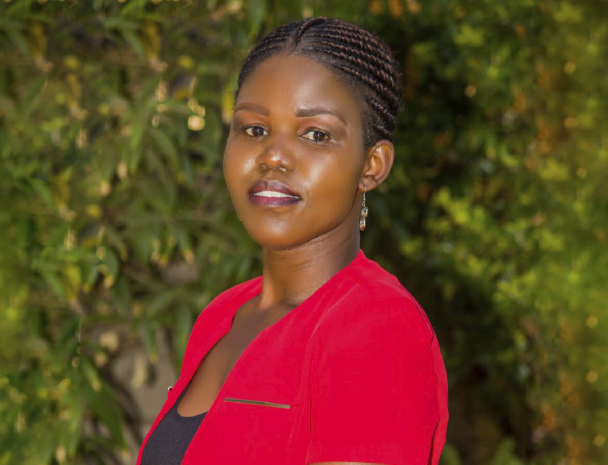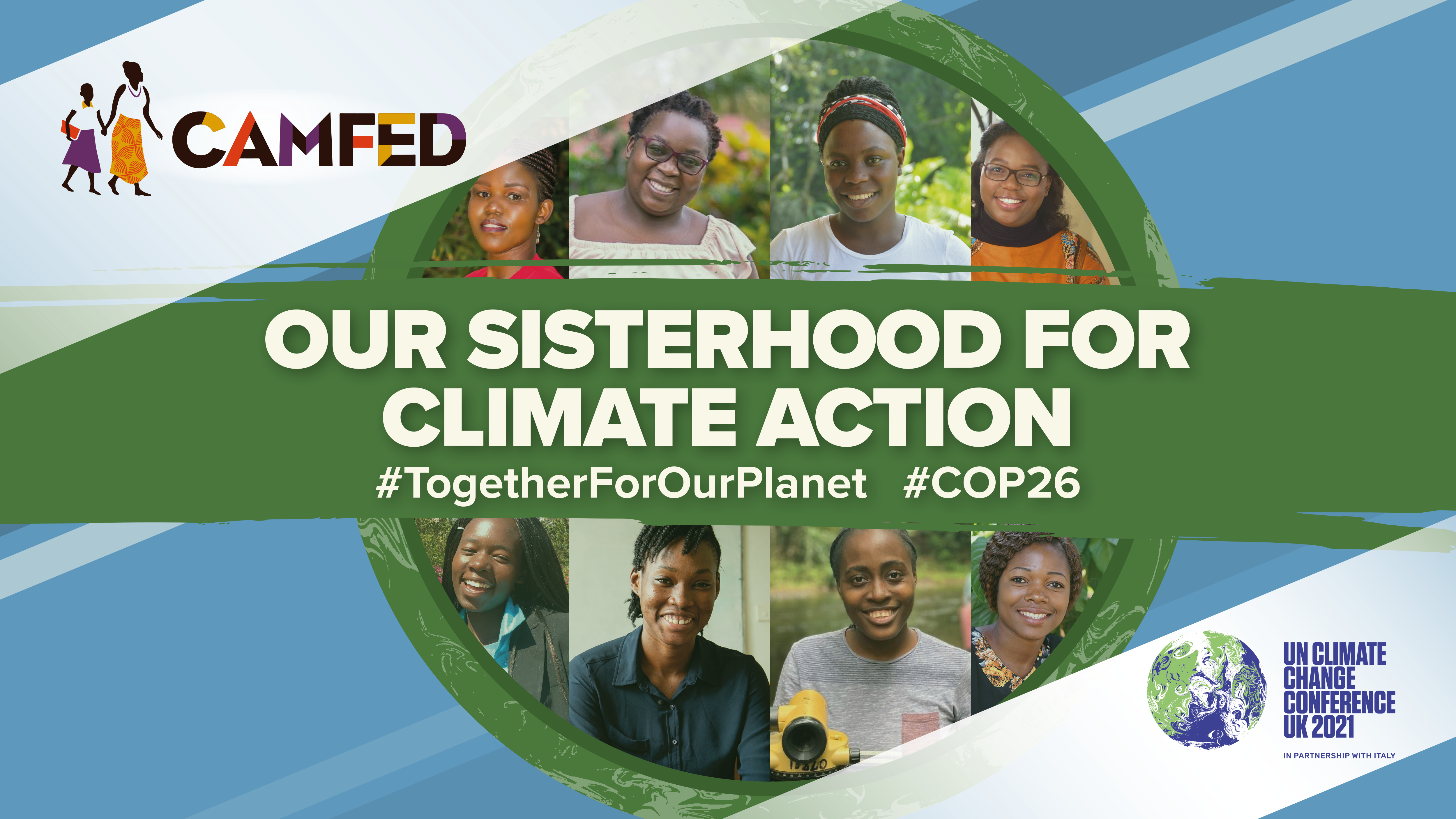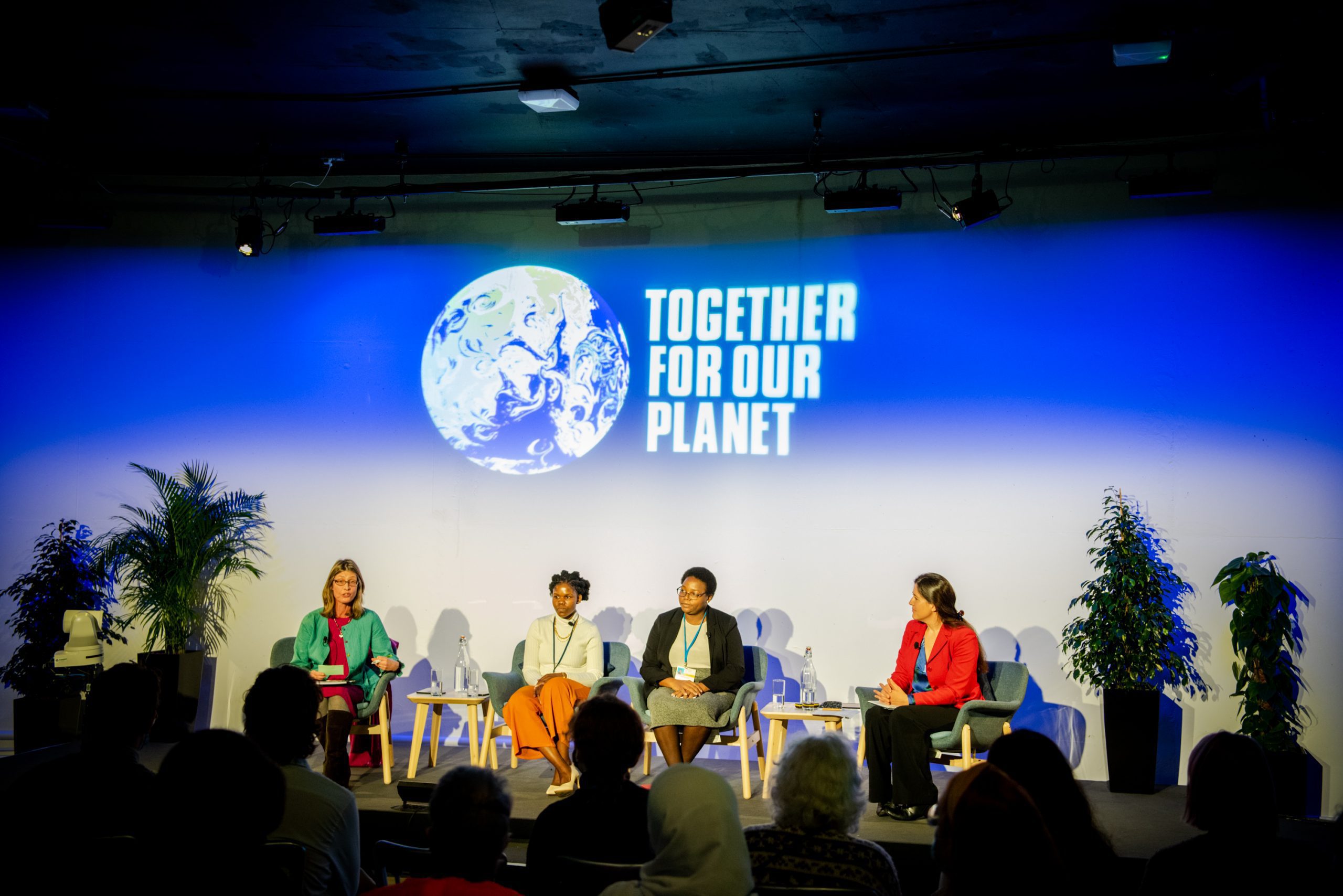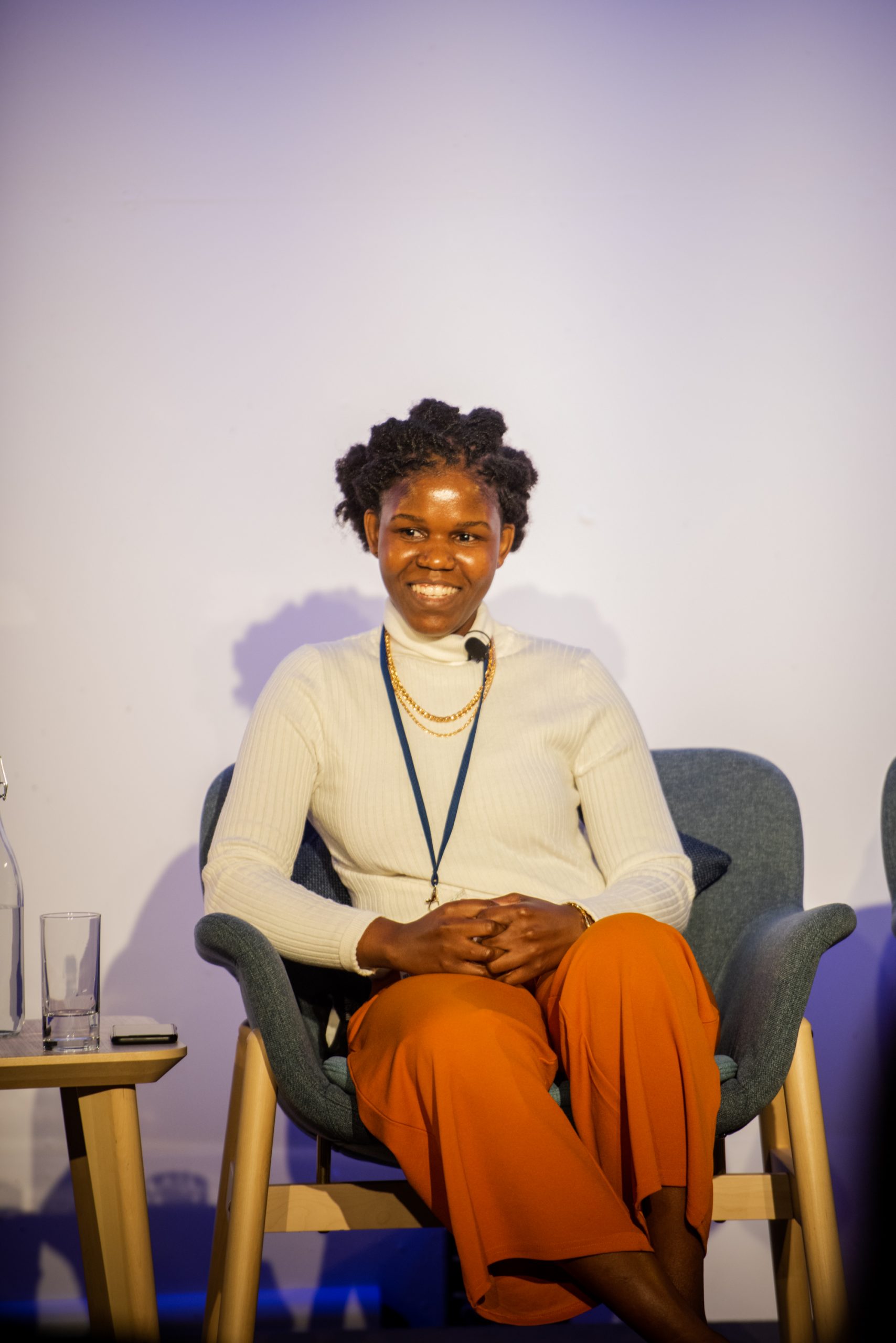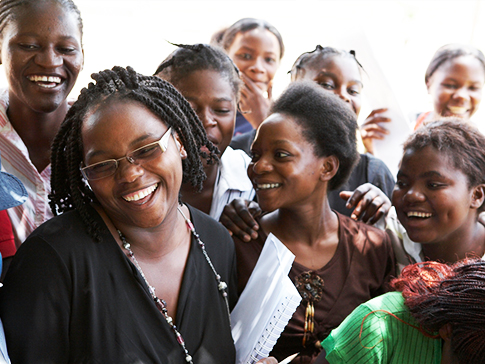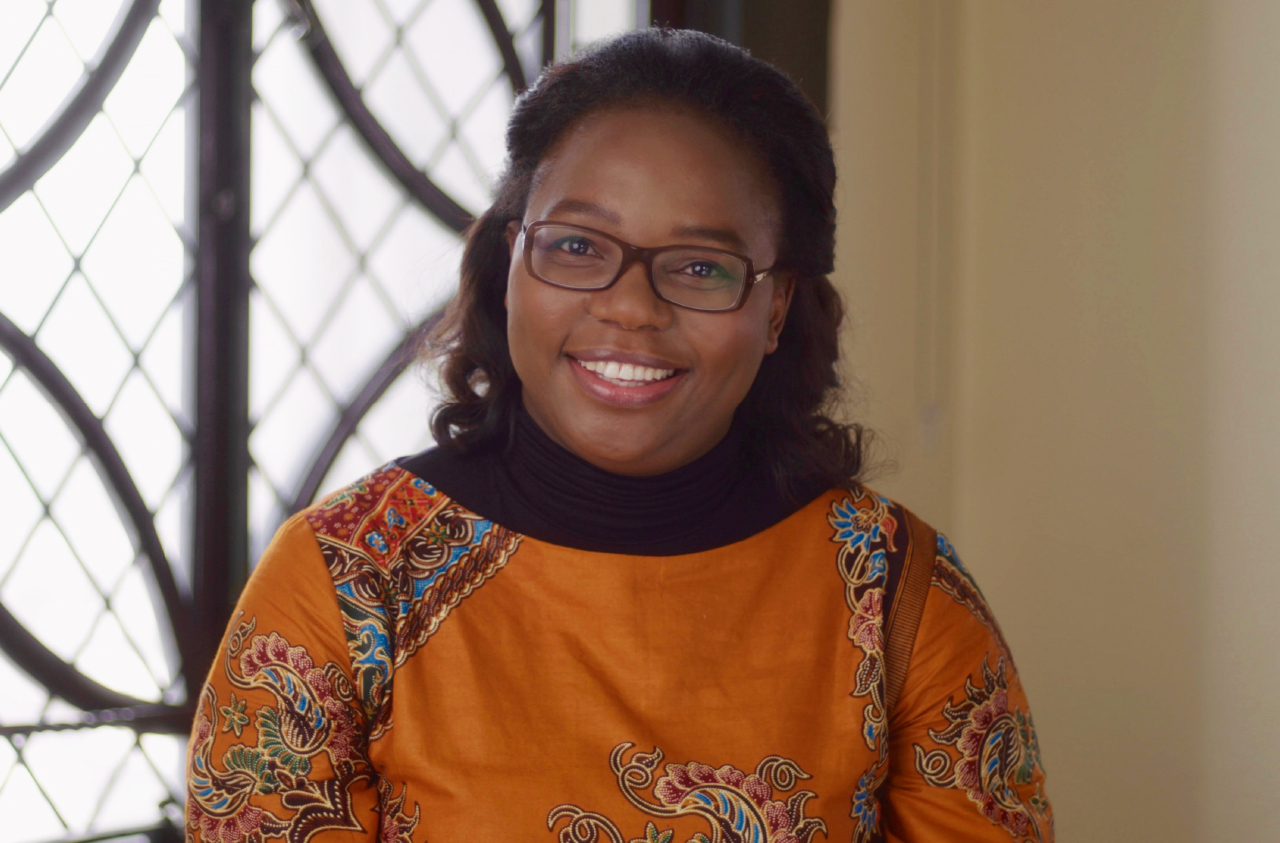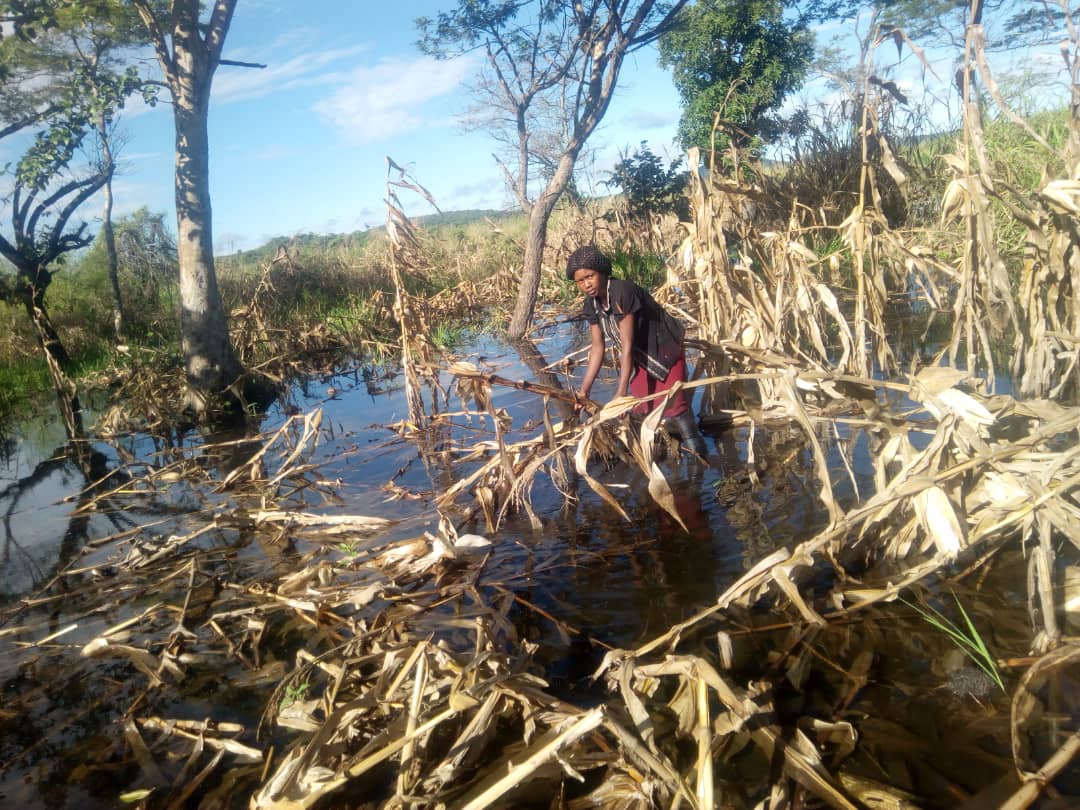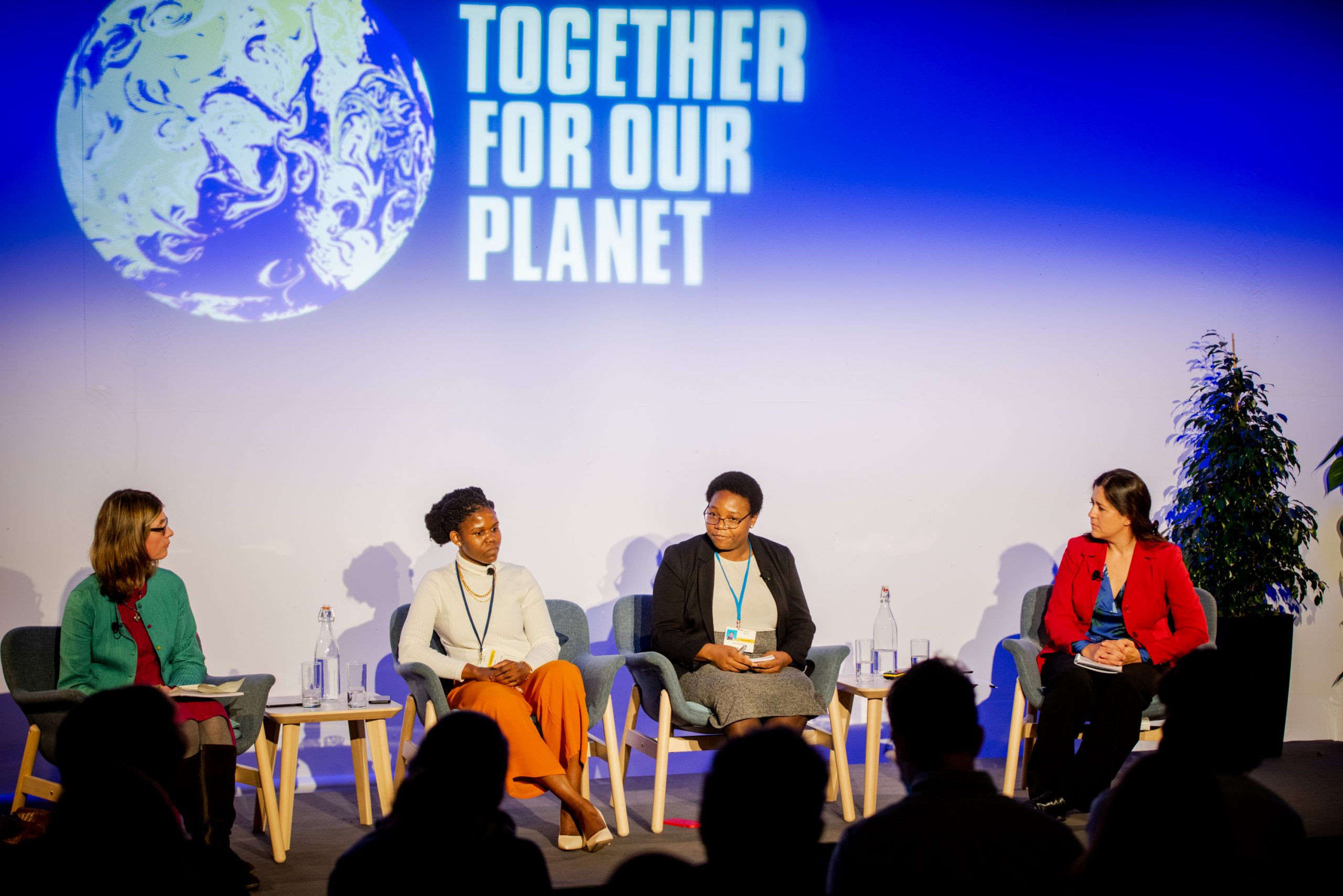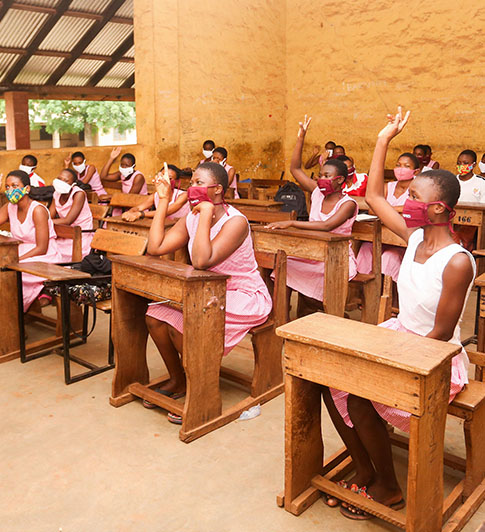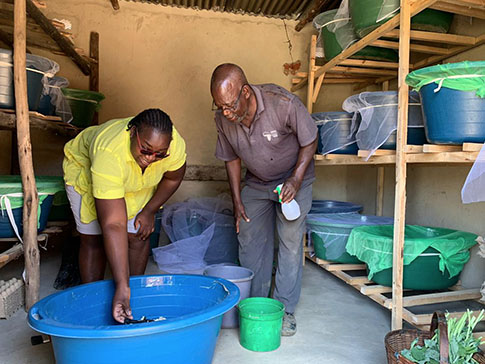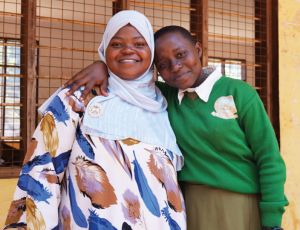CAMFED’s climate-smart Agriculture Guides — young women once themselves supported to receive an education — address the urgent and immediate needs of their communities. Already at the frontline of climate change, they have experienced extreme droughts and floods, as well as increased food insecurity and poverty, which in turn pushes more rural girls out of school and into child marriage.
They demonstrate the multiplier of investing in girls’ education and young women’s leadership. In Zimbabwe, for example, 320 Agriculture Guides have already trained more than 5,000 young women, and collectively they have reached more than 35,000 members of their communities (most of them women — “forgotten farmers” without access to skills training or resources). They share Indigenous and innovative climate smart agricultural methods – including mulching, agroforestry, drip irrigation, and compost-making – and connect forgotten farmers to markets and resources. Together they are nourishing school communities, building climate-smart livelihoods, improving resilience to climate shocks, and have already reached more than 10,000 children with targeted support to stay in school.
